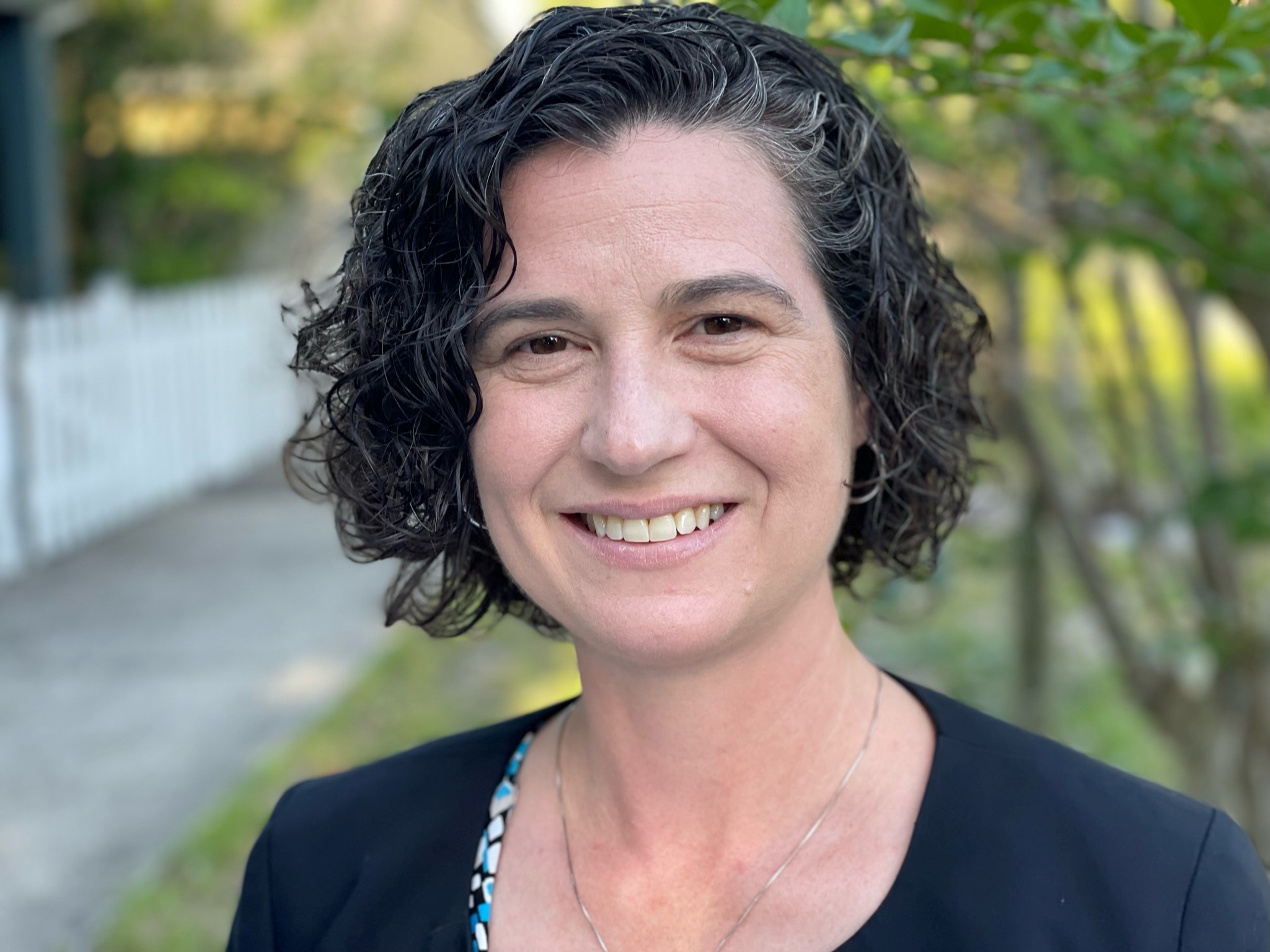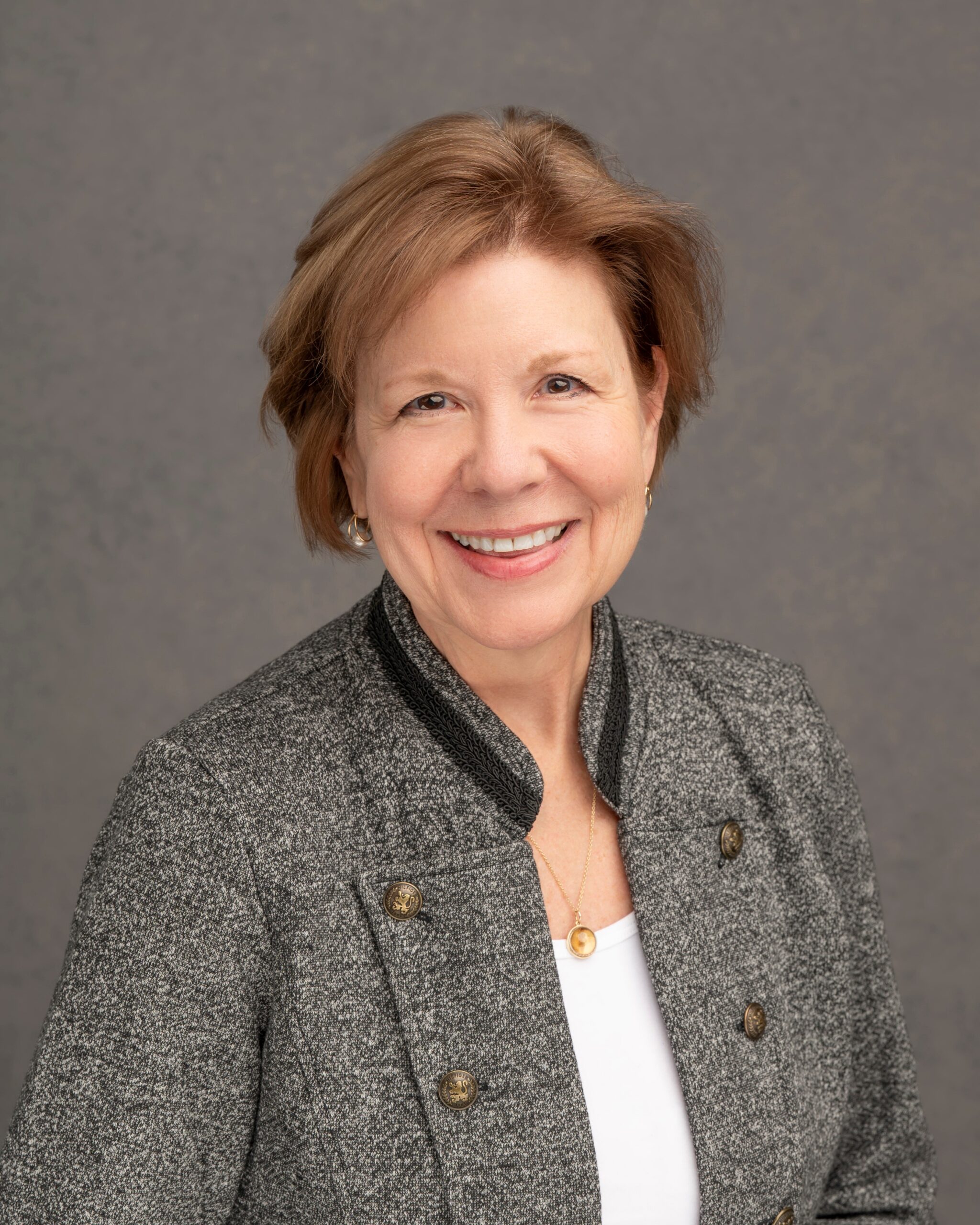The SMART project in Chatham County enhances community resilience by improving transportation connectivity in historically disadvantaged areas. Chatham County is partnering with FUSE to address gaps in transportation, homelessness, and affordable housing, aiming to improve microtransit policy development in the region through collaboration with Chatham Area Transit (CAT), academic institutions, and industry experts.
In this partner highlight, we interviewed Mary Moskowitz, AICP, the chief of planning and infrastructure development ofCAT, and Faye DiMassimo, the executive director and CEO of CAT, about the intersectional impacts a micro-transit system will have on Chatham County neighborhoods and how a FUSE Executive Fellow will help support these goals through the Expanding Electrified Public Transit to Connect Affordable Housing project.

Mary Moskowitz, AICP, is currently the Chief of Planning and Infrastructure Development for CAT in Savannah, Georgia, and has over 19 years of experience as a professional urban and transportation planner. She has been the project manager for several transportation planning projects, including the Osceola County and the Seminole County Florida Mobility Fee programs. She obtained a Master of Planning in Civic Urbanism from Rollins College in Winter Park, Florida. She’s held leadership positions in the Sanford Historic Preservation Board and Sanford Main Street Board.

Faye DiMassimo serves as the Executive Director/CEO of CAT. She has over 40 years of experience with federal, regional, and local public entities and the private sector in developing, managing, and delivering multimodal transportation programs.
She served for over two years as the Senior Advisor of Transportation and Infrastructure to Mayor John Cooper and Interim Director of the Metro Nashville Department of Transportation and Multimodal Infrastructure (NDOT). Before Metro Nashville, she served with Deloitte Consulting as the City of Atlanta Renew Atlanta/TSPLOST General Manager and Director of the Cobb County Department of Transportation (DOT).
She holds a Bachelor of Science in Public Administration and a Master of Community Planning and Public Administration from Auburn University. Additionally, she is a Fellow of the American Institute of Certified Planners (FAICP). Faye has participated in numerous leadership programs and community organizations over the years, including Leadership Savannah 2024, and presently serves as Vice Chair of the Georgia Transit Association, Chair on the Gray’s Reef National Marine Sanctuary Foundation Board of Trustees, Savannah Chamber of Commerce Board member, and is a member of The Rotary Club of Savannah. She has been recognized with numerous awards, including being named to the 2022 and 2023 Engineering Georgia’s 100 Most Influential Women list.
How do you think about evaluating the success of the micro-transit system and its impact on transportation accessibility, affordable housing, and homelessness within the community?
Moskowtiz: Beyond the traditional evaluation tools of analyzing ridership patterns, service coverage, and user satisfaction to gauge the effectiveness of enhancing mobility for all residents, assessing the success of the microtransit system involves a comprehensive approach. Being in the Savannah/Coastal Georgia region provides a unique opportunity to examine the ripple effects of this project on affordable housing and homelessness by looking at factors like proximity to transit and its relationship to housing affordability indices. By understanding these dynamics, we can better address challenges and capitalize on opportunities to foster inclusive growth in this rapidly growing community.
How do you envision leveraging the insights and recommendations generated through the FUSE Executive Fellowship program to inform future policies?
Moskowtiz: We envision a collaborative process where the wealth of knowledge and recommendations generated becomes a cornerstone for future policy development, not just for our region but as a model for other areas as well. Through open dialogue and strategic implementation, we’ll integrate these insights into our decision-making tools, such as the Master Transit Plan, ensuring that our policies are informed by best practices and tailored to meet the evolving needs of our community.
Can you discuss the impact of working with FUSE during your time in Nashville? Does that experience impact how you hope a FUSE Executive Fellow will transform your work at CAT?
DiMassimo: During my time in Nashville, FUSE partnered to build resilience across city operations. A series of disasters, natural and manmade, have profoundly impacted Nashville’s ability to progress. As the Senior Advisor for Transportation and Infrastructure and as a planner, I understand that stand-alone plans rarely build the capacity to integrate departmental processes and programs with the tools to survive and thrive. The partnership with FUSE drove the engagement and the difference-maker results achieved.



